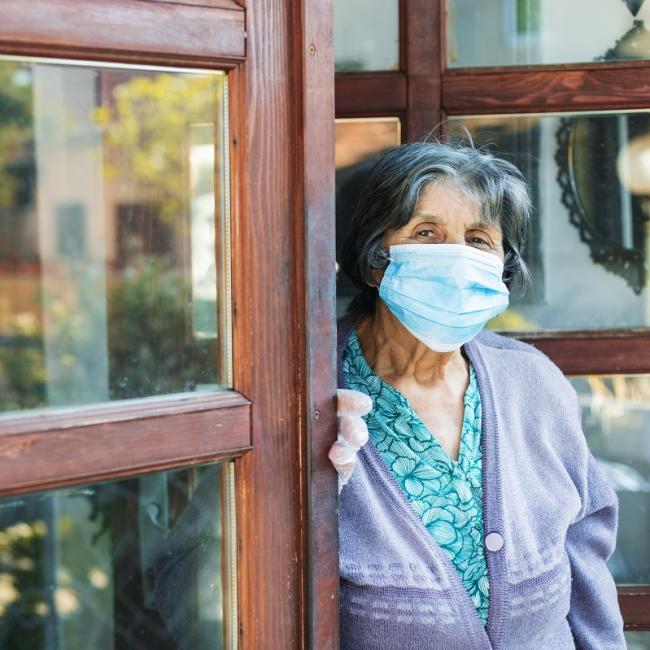Estimating the effects of physical violence and serious injury on health-related quality of life: Evidence from 19 waves of the Household, Income and Labour Dynamics in Australia Survey
Qual Life Res. 2022 Nov;31(11):3153-3164. doi: 10.1007/s11136-022-03190-3. Epub 2022 Aug 8.
ABSTRACT
OBJECTIVE: This study aims to investigate the effect of physical violence and serious injury on health-related quality of life in the Australian adult population.
METHODS: This study utilised panel data from the Household, Income and Labour Dynamics in Australia (HILDA) Survey. HRQoL was measured through the physical component summary (PCS), mental component summary (MCS), and short-form six-dimension utility index (SF-6D) of the 36-item Short-Form Health Survey (SF-36). Longitudinal fixed-effect regression models were fitted using 19 waves of the HILDA Survey spanning from 2002 to 2020.
RESULTS: This study found a negative effect of physical violence and serious injury on health-related quality of life. More specifically, Australian adults exposed to physical violence and serious injury exhibited lower levels of health-related quality of life. Who experienced physical violence only had lower MCS (β = -2.786, 95% CI: -3.091, -2.481) and SF-6D (β = -0.0214, 95% CI: -0.0248, -0.0181) scores if switches from not experiencing physical violence and serious injury. Exposed to serious injury had lower PCS (β = -5.103, 95% CI: -5.203, -5.004), MCS (β = -2.363, 95% CI: -2.480, -2.247), and SF-6D (β = -0.0585, 95% CI: -0.0598, -0.0572) score if the adults not experiencing physical violence and serious injury. Further, individuals exposed to both violence and injury had substantially lower PCS (β = -3.60, 95% CI: -4.086, -3.114), MCS (β = -6.027, 95% CI: -6.596, -5.459), and SF-6D (β = -0.0716, 95% CI: -0.0779, -0.0652) scores relative to when the individuals exposed to none.
CONCLUSION: Our findings indicate that interventions to improve Australian adults' quality of life should pay particular attention to those who have experienced physical violence and serious injury. Our findings suggest unmet mental health needs for victims of physical violence and serious injuries, which calls for proactive policy interventions that provide psychological and emotional therapy.
PMID:35939253 | PMC:PMC9546951 | DOI:10.1007/s11136-022-03190-3





